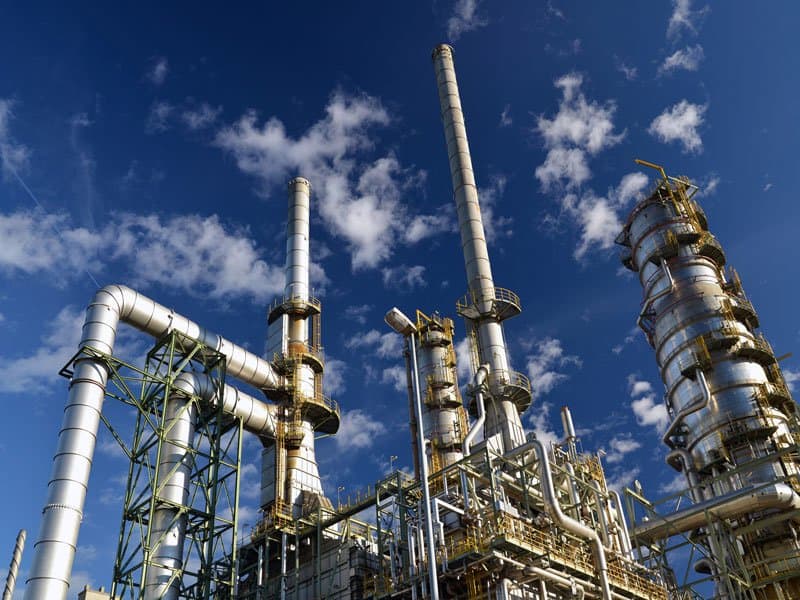Unveiling the Versatility of Ethylene: Exploring its Role as a Fine Chemical

Ethylene, a colorless and flammable gas, has long been recognized as a key player in the petrochemical industry. However, its potential as a fine chemical has often been overlooked. In this blog post, we will delve into the multifaceted nature of ethylene and explore its diverse applications beyond its traditional uses. From its role in the production of polymers to its involvement in the synthesis of specialty chemicals, ethylene proves to be a versatile and indispensable compound.
- Ethylene as a Building Block for Polymers:
Ethylene serves as the foundation for the production of various polymers, including polyethylene, one of the most widely used plastics in the world. Its unique properties, such as high tensile strength and chemical resistance, make it an ideal material for packaging, construction, and automotive industries. Additionally, ethylene copolymers, such as ethylene-vinyl acetate (EVA), find applications in adhesives, footwear, and solar cell encapsulation. - Ethylene Oxide: A Key Intermediate:
Ethylene oxide, derived from ethylene, is a vital intermediate in the production of numerous chemicals. Its reactivity allows for the synthesis of ethylene glycol, a crucial component in the manufacturing of polyester fibers, antifreeze, and polyethylene terephthalate (PET) bottles. Ethylene oxide also finds use in the production of surfactants, solvents, and pharmaceuticals, showcasing its significance as a fine chemical. - Specialty Chemicals from Ethylene:
Beyond its role in polymer production, ethylene serves as a precursor for various specialty chemicals. For instance, ethylene is utilized in the synthesis of ethanolamines, which find applications in the production of detergents, personal care products, and herbicides. Ethylene is also a key component in the production of ethyleneamines, which are used as curing agents, corrosion inhibitors, and intermediates in the synthesis of resins and coatings. - Ethylene in Agriculture:
Ethylene plays a crucial role in the field of agriculture. It acts as a plant hormone, influencing various physiological processes such as fruit ripening, flower development, and senescence. Ethylene is also used in post-harvest applications, where controlled exposure can enhance fruit ripening or delay it, depending on the desired outcome. Additionally, ethylene is employed in the production of synthetic auxins, which are used as growth regulators in plant tissue culture.
Conclusion:
From its fundamental role in polymer production to its involvement in the synthesis of specialty chemicals and its impact on agriculture, ethylene proves to be a versatile and indispensable compound in the realm of fine chemicals. Its diverse applications highlight the importance of exploring its potential beyond its traditional uses. As industries continue to evolve, ethylene's versatility and adaptability will undoubtedly contribute to advancements in various sectors, making it a truly remarkable fine chemical.
